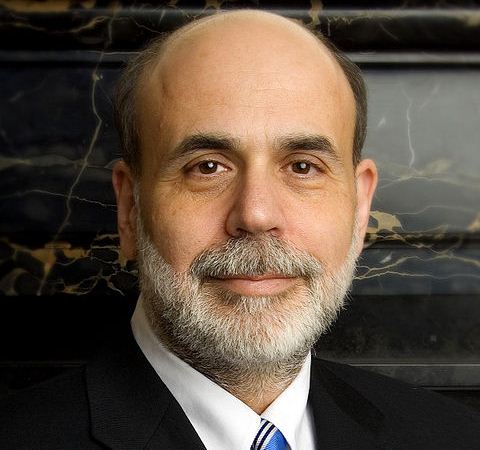Bernanke Answers Questions
January 14, 2013 by Paul Ausick
In a response to an early question related to the short-term problems facing the U.S. economy, Bernanke noted three: the sequester, the fiscal deficit, and the debt ceiling. He used the analogy of a family credit card to explain the debate over raising the debt ceiling — the funds are already spent, but now there are some in Congress who do not want to pay the monthly bill.
A few positive notes on the U.S. economy: housing is picking up, state and local government tax receipts are rising, energy prices are lower, and consumer sentiment is rising. But, Bernanke said, there’s still a long way to go.
Bernanke reiterated his often-stated point that Congress needs to do its job and he doesn’t think that raising interest rates in the short term will have the result some project, but rather would act as an additional drag on the economy.
Asked where global growth might come from, Bernanke admitted that slow growth in Europe and some emerging market economies have weighed on overall global economic growth. Sovereign debt and banking issues are being dealt with in Europe and that should stabilize the European situation over time. In emerging markets, fundamentals are “pretty good” and he called the growth in China and India the world’s most successful anti-poverty program.
In general, Bernanke said he is “cautiously optimistic” about the next couple of years, which, as it turns out, coincides with the rest of his term as chairman. After that, we’re own our own.
In general, anyone who has been paying attention to the Fed for the past four or five years probably didn’t hear anything new at today’s conversation.
Essential Tips for Investing: Sponsored
A financial advisor can help you understand the advantages and disadvantages of investment properties. Finding a qualified financial advisor doesn’t have to be hard. SmartAsset’s free tool matches you with up to three financial advisors who serve your area, and you can interview your advisor matches at no cost to decide which one is right for you. If you’re ready to find an advisor who can help you achieve your financial goals, get started now.
Investing in real estate can diversify your portfolio. But expanding your horizons may add additional costs. If you’re an investor looking to minimize expenses, consider checking out online brokerages. They often offer low investment fees, helping you maximize your profit.